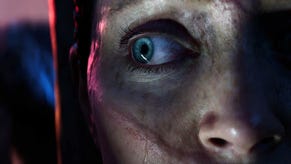EGX 2013: Eurogamer.net editor's choice
Shine a light.
What a show it's been! Thanks to all who've come along and helped make it so special, and of course all those behind the scenes who've made it happen. I'm speaking a little prematurely, of course - there are still a few hours left to go on the last day of the Expo, and with a live podcast due up on the main session stage at 5pm there's still the potential for everything to go horribly, horribly wrong.
Still, whatever happens won't be enough to dim some of the sweet memories this year's show has conjured. YouTube phenomenon Syndicate conjured up the kind of crowd that Expo visitors Bill Bailey, Benedict Wong and Hugh Bonneville (Hugh Bonneville!) couldn't quite muster, and the real stars, of course, were to be found in the developer sessions: Molyneux was Molyneux and David Cage was likewise his usual engaging self, and Sony's Shahid Ahmed's passionate talk about indies on PlayStation produced a gif that will probably outlast us all.
Oh, and there have been games as well. The arrival of the next generation of consoles has introduced a little extra frisson of excitement, and Microsoft and Sony haven't disappointed. Assassin's Creed 4 looks splendid running on the PlayStation 4, and Forza Motorsport 5's ingenious use of rumble shows just how effective the Xbox One's new controller can be. Titanfall's living up to the hype, too - an accelerated and super agile rethink of the Call of Duty formula, it's like the militarised take on Ted Hughes' The Iron Giant that I never really wanted but am perfectly happy exists.
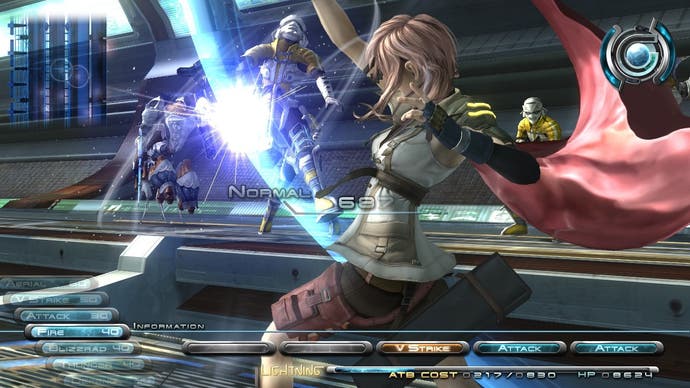
There has been room for surprises as well, not least of which has been Final Fantasy 13 Lightning Returns. I sighed louder than most when Square announced the unnecessary sequel, so it's something of a shock to find that it's evolved into everything I could really have hoped for in a modern Final Fantasy game.
When it came to picking out our editor's choice for the show, it was all about the little surprises that the show floor presents. Titanfall was an early contender, but its brilliance is kind of predictable given its heritage - and I'm still not wholly convinced it's doing enough to oust Battlefield as my shooter of choice. Octodad's slightly more leftfield but comes with similar plaudits - and it's certainly Chris Donlan's own personal vote. Expertly awkward and funny with it too, it's exactly the kind of odd wonder that's making the PlayStation 4 stand out.
As is Resogun, Housemarque's shooter that came seriously close to being our final choice. Yes, it's just a classic shooter, and yes it's at heart a Defender clone, but neither of those things stop it from being brilliantly playable as well as absolutely full of graphics. Seriously, you won't have ever seen so many, and while Rich at Digital Foundry's got the vocabulary to tell you why it looks so impressive all I can tell you is that it's the best looking next-gen game I've seen so far.
Our editor's choice for this year's show wasn't running on PS4 or Xbox One, but in one simple moment it conjured more wow than either Microsoft or Sony's consoles have managed to date.
Eurogamer.net editor's choice: Chroma
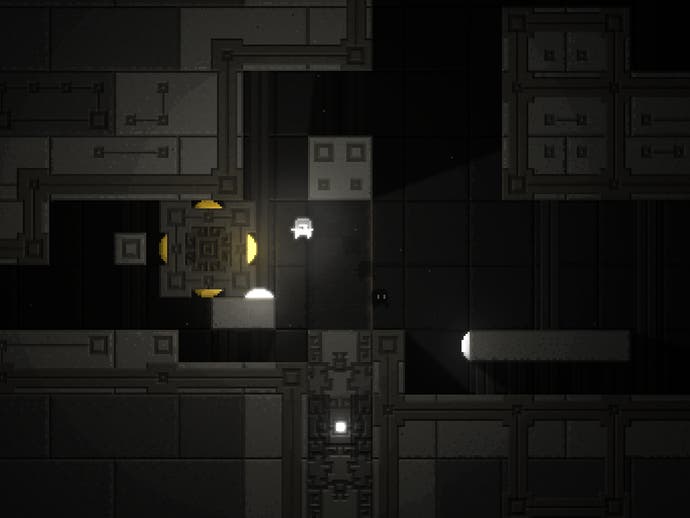
Chroma's an artsy side-scrolling platformer. I'll forgive you for rolling your eyes if you forgive me for being vague about what exactly it is that appeals about Manchester-based Mark Foster's creation, because the joy in first discovering Chroma's central mechanic is what makes it such a thrill. If you want to know how much of a thrill it is, it's comparable to Fez's sublime dimension-switching mechanic - and you can, of course, still discover it for yourself if you dash along to the Indie Arcade.
Modest, smart and playful, Chroma's a perfect reminder of what it is to be excited by a new idea executed well, and there's enough in the short demo to suggest that Foster can stretch that idea satisfyingly over a full game. A few of us deliberated about whether or not it's right to pick something like Chroma when the big queues and loudspeakers were elsewhere, but after a little discussion we realised that making a distinction between indie and mainstream isn't really worthwhile - we wanted to simply pick the game that thrilled us the most, and by that measure Chroma emerged as a distinct and worthy winner.
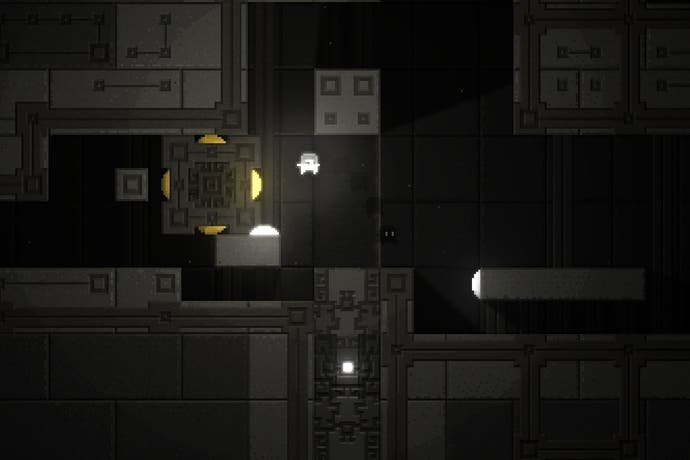






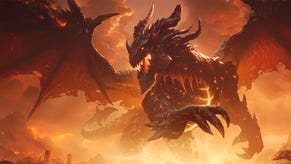
.png?width=291&height=164&fit=crop&quality=80&format=jpg&auto=webp)
